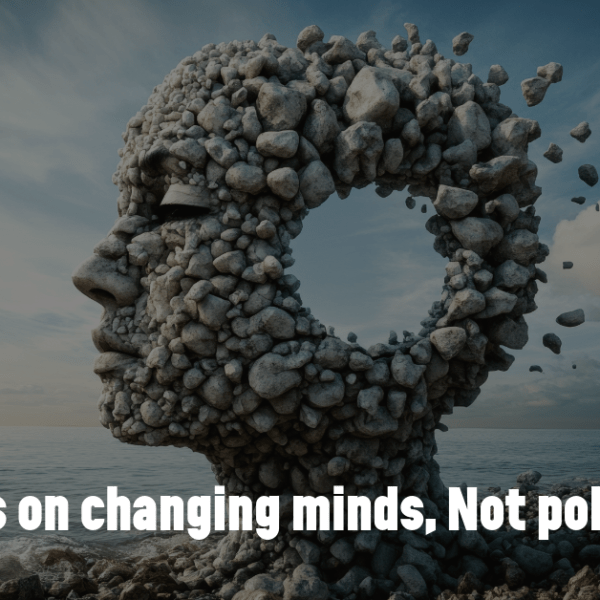We’ll have to admit that when something goes wrong, the first thing we want to know is whose fault it is so we can find someone to blame.
By shifting our mindset towards problem-solving, we can encourage collaboration, cooperation, and effective decision-making, leading to more effective and efficient outcomes.
Where there is blame, there is no learning. Where there is blame, open minds close, inquiry tends to cease, and the desire to understand the whole system diminishes.
When people work in an atmosphere of blame, they naturally cover up their errors and hide their real concerns. And when energy goes into finger pointing, scapegoating, and denying responsibility, productivity suffers because the organization lacks information about the real state of affairs.
It’s impossible to make good decisions with poor information.So how do we avoid the tendency to blame and create organizational environments where we turn less frequently to blame? Clarifying accountability is one option.
This process of assigning responsibilities for a situation in advance can help create a culture of real learning.To be accountable is “to be counted on or reckoned on.” To blame is “to find fault with, to censure, revile, reproach.”
Accountability emphasizes keeping agreements and performing jobs in a respectful atmosphere; blaming is an emotional process that discredits the blamed.
What do you think?


